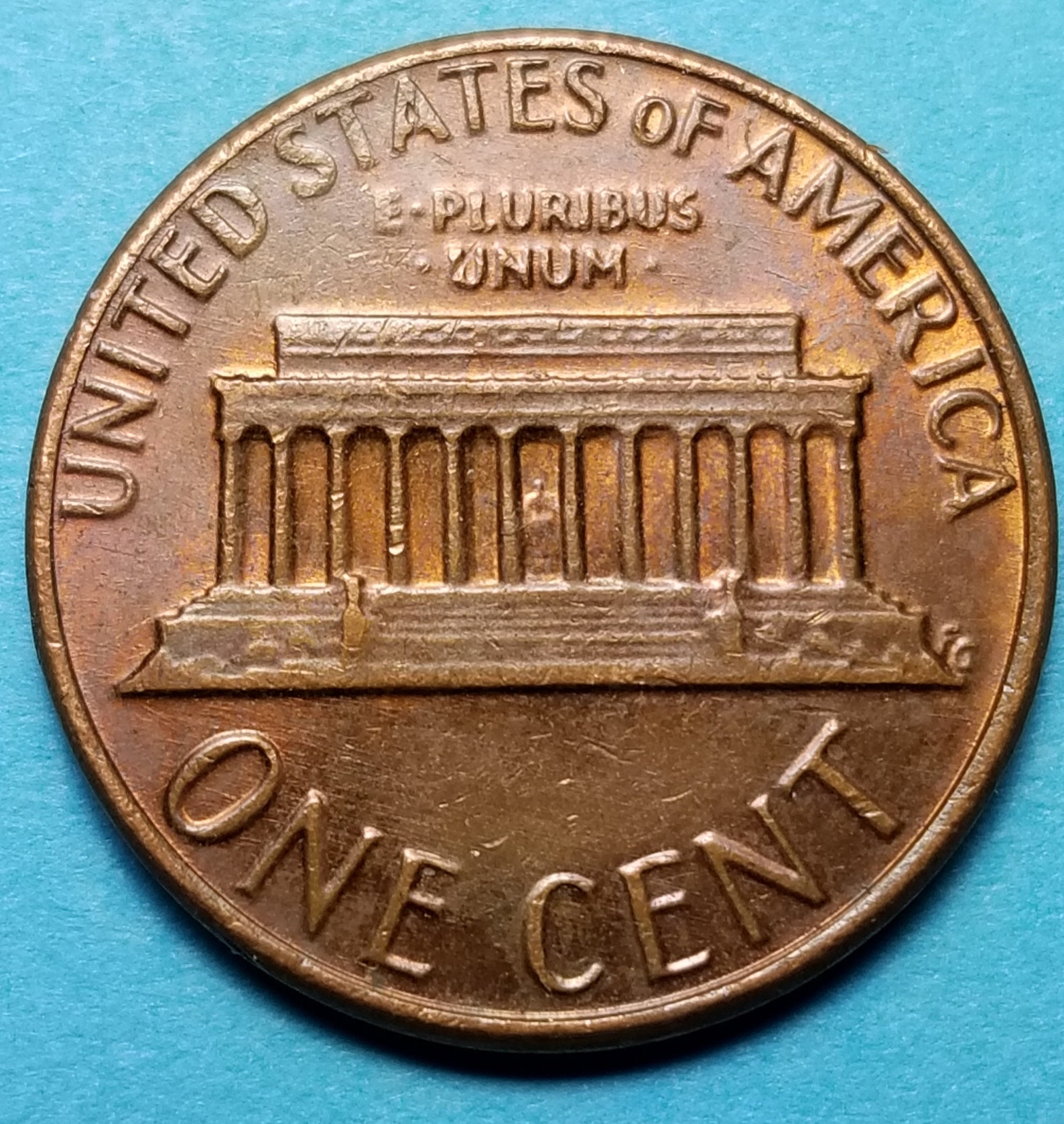

The best bet is probably still in speculative trading among those who are buying the coins for their own hoards.In Canada, a penny is a coin worth one cent, or 1⁄ 100 of a dollar. For the time being, I think it’s worth holding aside any pre-1982 cents you come across in cash transactions or casual roll searching, but rather or not there is will be a significant payoff from time spent searching for them in a dedicated fashion (IE spending many, many hours each day, week, or month picking them from rolls and bags) in the future. It’s hard to say what could happen to copper prices when and if the US government permits the melting of copper-based one-cent coins - I’m sure there will be some new market dynamics once that happens. As you know, these coins are presently illegal to melt, but they do trade for more than face value nevertheless. Personally, I DO keep all pre-1982 Lincoln cents that I come across in pocket change, roll searching, etc. Many of these individuals are already selling their copper penny troves to other hoarders for $1 or more per roll of 50 pennies. So why all the fuss about saving copper pennies if you can’t melt them down for cash yet?Ĭoin hoarders insist that their efforts in saving copper pennies now will be worth it when the time comes that they can legally melt their pennies.

But Congress has entertained the elimination of the penny several times, but has yet to actually pass a bill that stops production of the lowly penny.įor the record, Canada stopped making pennies in 2012 because, as is the case in the United States, the purchasing power of a one-cent coin has been eroded by inflation, and the coin costs more to manufacture than it is actually worth in face value. It would only potentially become legal to melt one-cent coins in the United States if legislation passes that ends the production of the penny. Hoping to get around the law by sneaking your coins out of the country? Think again – you can’t transport more than $5 in pennies out of the U.S. law prohibits the melting of one-cent coins. If you’re hoping to get a quick payout on all the copper pennies you’re saving, you might want to hold on – U.S. Re-roll the unwanted zinc pennies and trade these in to search through more penny rolls. Those dated 1982 can be weighed to determine which are made from copper and which are primarily composed from zinc. You can automatically assume all pennies dated 1981 or before are copper. If you want to hoard copper pennies, the best way to do so is to buy rolls of one-cent coins from your bank and check each roll for pennies made from 1982 or before. However, zinc pennies made since 1982 are presently worth only face value. (By the way, the zinc penny is popularly called a ‘Zincoln’.) Today, the amount of copper in an old penny is worth a little more than 2 cents. Here’s everything you need to know about weighing coins. One-cent coins that weigh about 2.5 grams are zinc.Pennies that weigh approximately 3.11 grams are copper.You can tell which pennies are copper or zinc by weighing them: As a result, some pennies made in 1982 are made from copper and others from that year were produced with the current mixture of 97.5% zinc and 2.5% copper. Mint switched the composition of pennies to copper-plated zinc to avoid the rising cost of producing copper pennies. Those coins are a topic for another post, though!ĭuring the year 1982, the U.S. Also, there was the steel 1943 Lincoln cent (and 1944 steel pennies, which were made in error).

In general, all pennies made before 1982 have a composition of 95% copper and 5% tin and zinc – with the exception that during some of those years, there was no tin in the alloy. People are beginning to hoard copper pennies in the opportunistic pursuit of someday cashing in on the coins’ intrinsic value.Ĭopper Pennies Are Worth More Than Face Value However, the times they are a-changing, and the value of copper has skyrocketed over the past few yea rs. You may have heard a lot these days about people who hoard copper pennies and wonder why they are.Īfter all, if you’re like most coin collectors, you probably know that silver coins have historically been the big pocket change prize. If you buy thru these links, we may earn a commission at no additional cost to you.


 0 kommentar(er)
0 kommentar(er)
